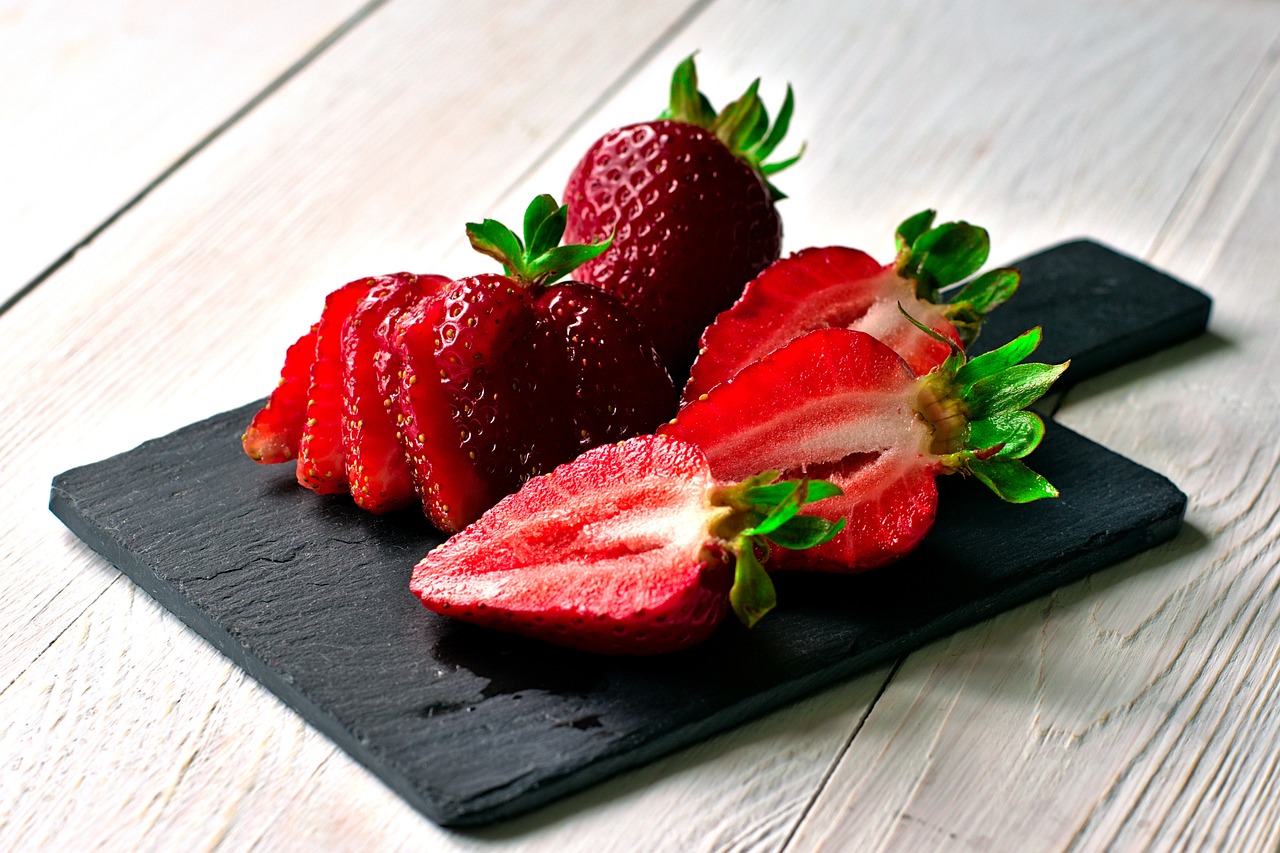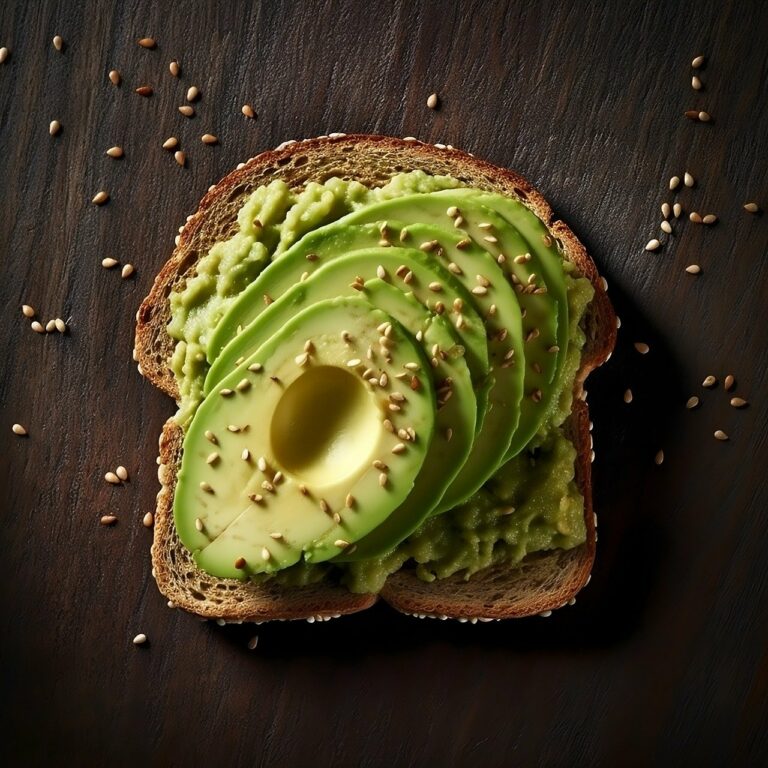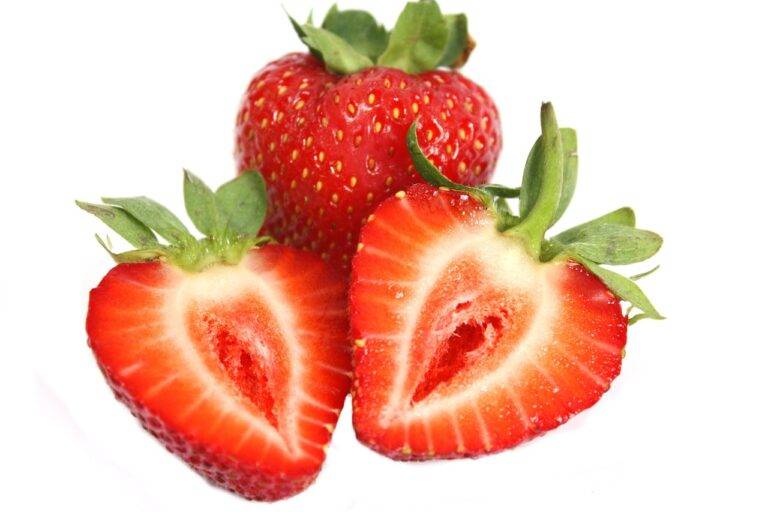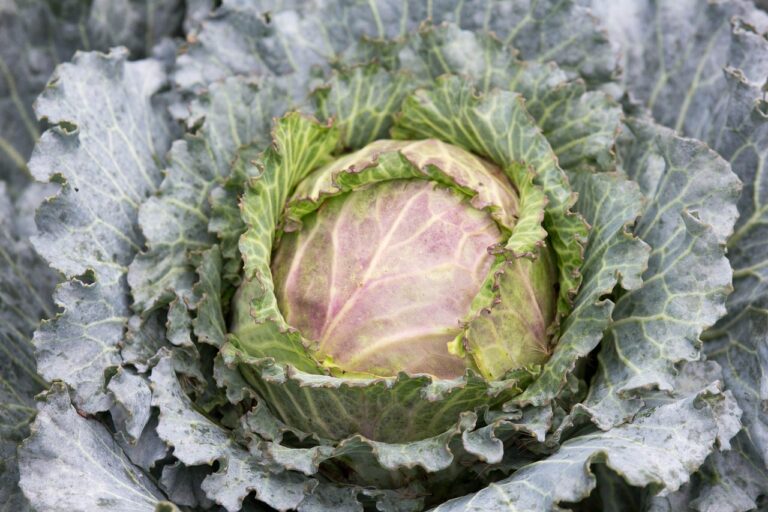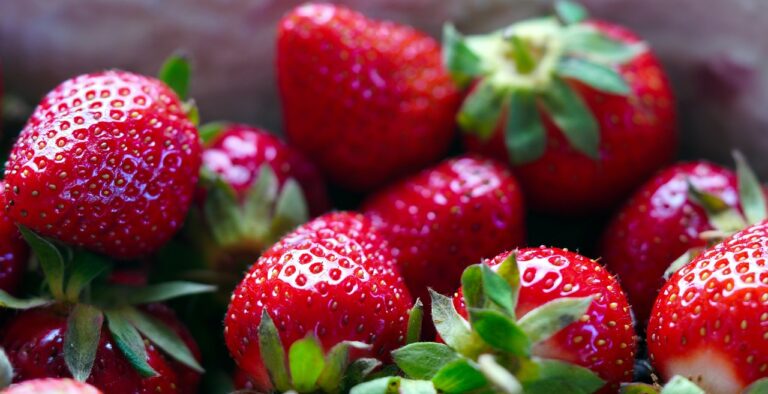Kombucha and Green Living: Reducing Carbon Footprints With Each Sip
sky247 sign up, diamondexch9.com login, tigerexch vip: Kombucha and Green Living: Reducing Carbon Footprints with Each Sip
Have you ever wondered how a simple beverage like kombucha can have a positive impact on the environment? Kombucha, a fermented tea drink that has been gaining popularity in recent years, is not only a refreshing and delicious beverage but also a sustainable choice for those looking to reduce their carbon footprint.
In this blog post, we will explore how kombucha can help promote green living and how each sip can make a difference in reducing our impact on the environment.
What is Kombucha?
Kombucha is a fizzy, fermented tea drink that has been consumed for centuries for its health benefits. It is made by fermenting sweetened tea with a culture of yeast and bacteria, known as a SCOBY (symbiotic culture of bacteria and yeast). During the fermentation process, the SCOBY consumes the sugar in the tea and produces probiotics, organic acids, and vitamins.
Kombucha is known for its tangy flavor and effervescence, making it a popular alternative to sugary sodas and other unhealthy beverages. It is also rich in antioxidants and beneficial bacteria, which can help support gut health and boost the immune system.
How is Kombucha Sustainable?
One of the reasons kombucha is considered a sustainable beverage is its minimal environmental impact compared to other drinks. The production of kombucha requires minimal resources, such as tea, sugar, and water, and the fermentation process produces minimal waste.
Additionally, many kombucha brands are committed to using organic and sustainable ingredients in their products. Organic tea and sugar are grown without the use of synthetic pesticides or fertilizers, which helps protect the environment and promotes sustainable agriculture practices.
By choosing to drink kombucha, you are supporting brands that prioritize sustainability and eco-friendly practices, making a positive impact on the environment with each sip.
Reducing Carbon Footprints One Sip at a Time
In today’s world, where climate change and environmental degradation are growing concerns, every small action we take to reduce our carbon footprint can make a difference. Choosing sustainable products like kombucha is a simple yet impactful way to contribute to a greener future.
When you choose to drink kombucha, you are supporting sustainable agriculture practices, reducing the demand for harmful chemicals and pesticides, and minimizing waste in the production process. By making conscious choices about the products we consume, we can all play a part in protecting the planet for future generations.
FAQs
Q: Is kombucha good for the environment?
A: Yes, kombucha is considered a sustainable beverage due to its minimal environmental impact and the use of organic and sustainable ingredients by many brands.
Q: How can drinking kombucha help reduce my carbon footprint?
A: By choosing kombucha over other less sustainable beverages, you are supporting brands that prioritize sustainability and eco-friendly practices, making a positive impact on the environment with each sip.
Q: Can I make my own kombucha at home?
A: Yes, making kombucha at home is relatively easy and requires minimal equipment. There are many resources available online to guide you through the fermentation process.
Q: Are there any health benefits to drinking kombucha?
A: Yes, kombucha is rich in probiotics, organic acids, and antioxidants, which can support gut health, boost the immune system, and aid digestion.
Q: Where can I purchase sustainable kombucha brands?
A: Many health food stores, supermarkets, and online retailers carry a variety of sustainable kombucha brands. Look for brands that use organic ingredients and eco-friendly packaging.
In conclusion, kombucha is not just a trendy beverage but a sustainable choice for those looking to reduce their carbon footprint. By supporting brands that prioritize sustainability and eco-friendly practices, you are making a positive impact on the environment with each sip. So next time you reach for a refreshing drink, consider choosing kombucha and take a step towards a greener future.

